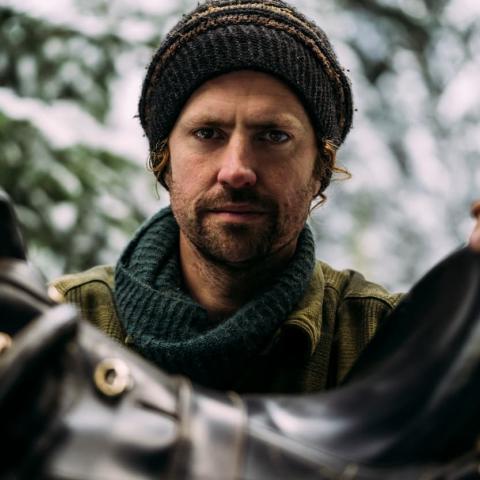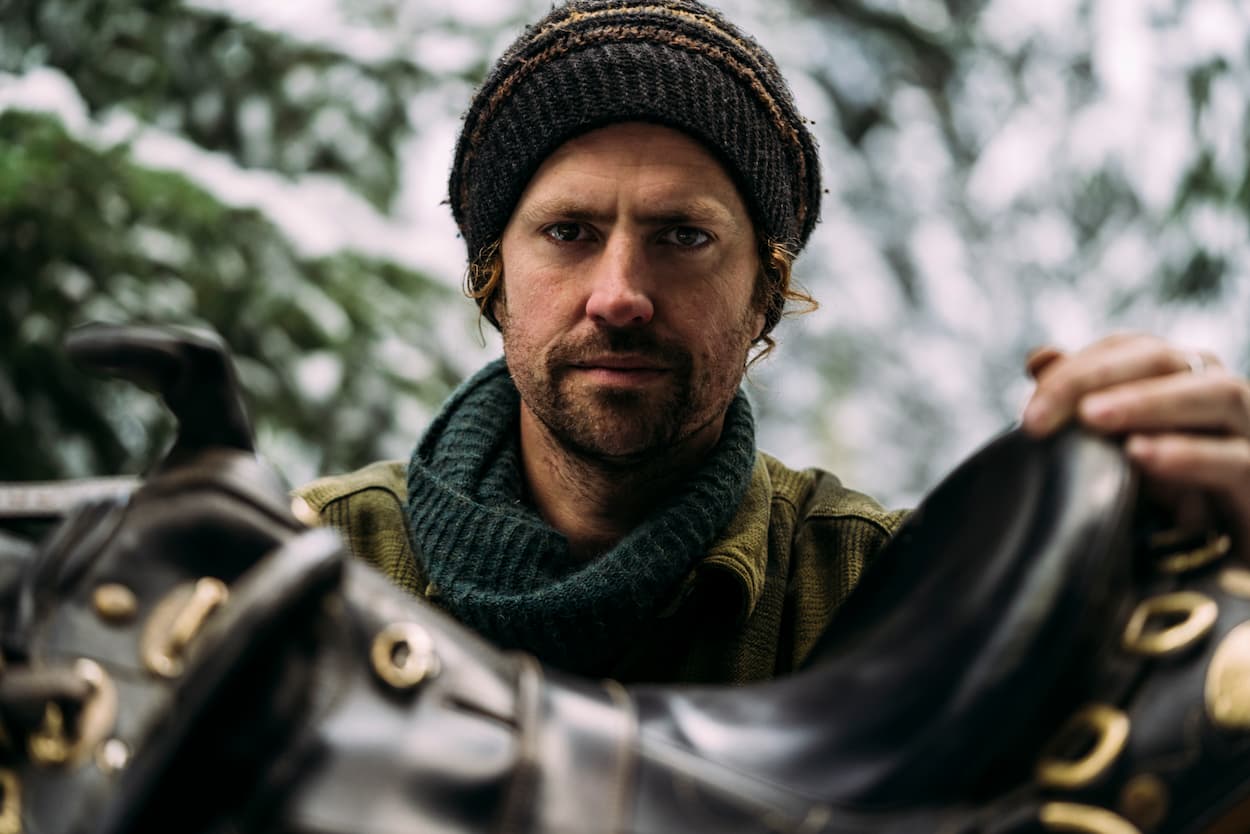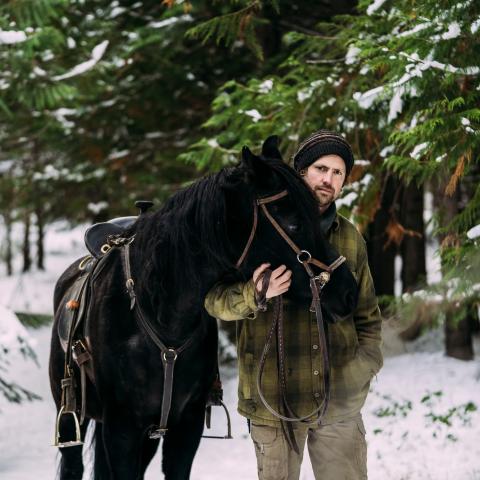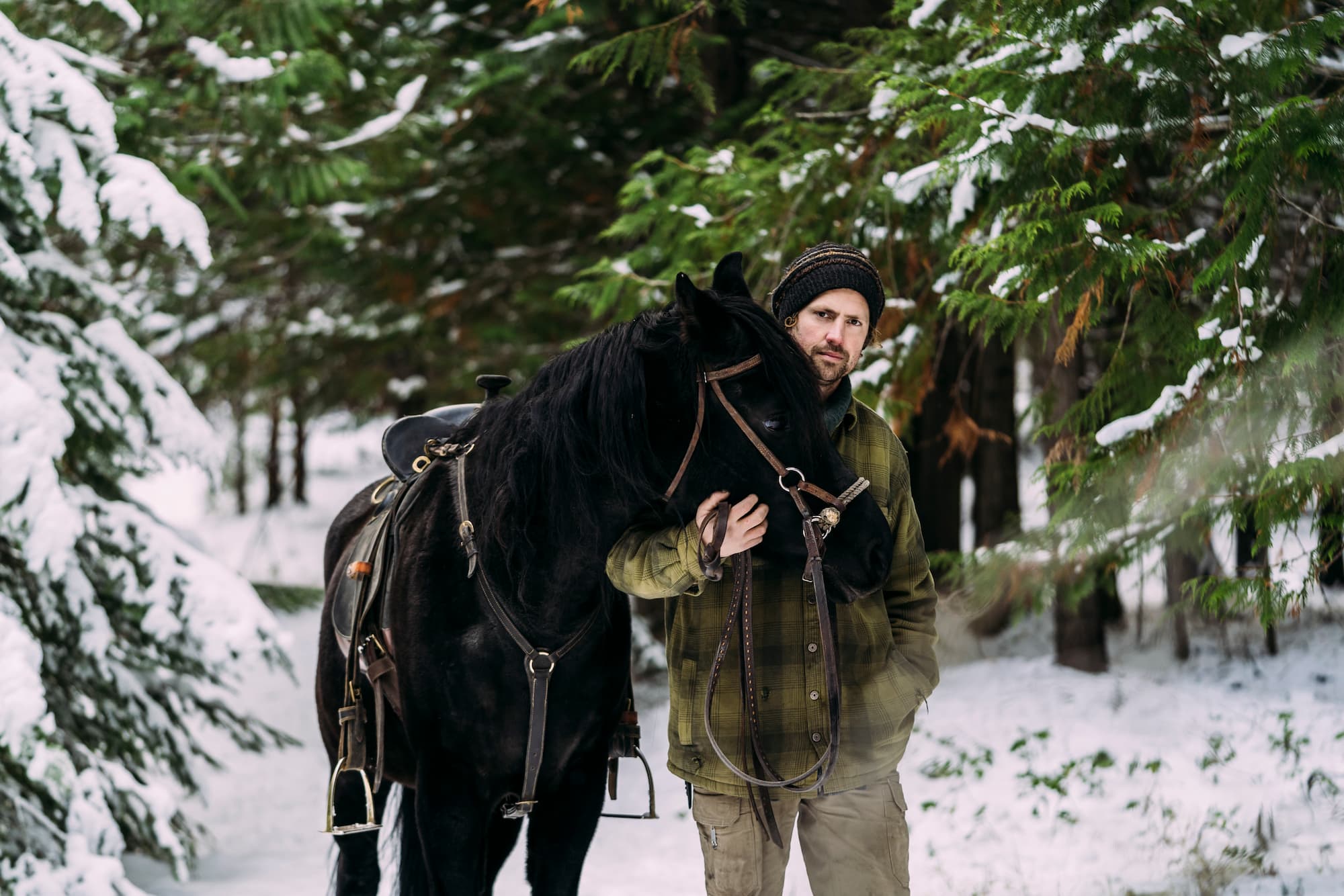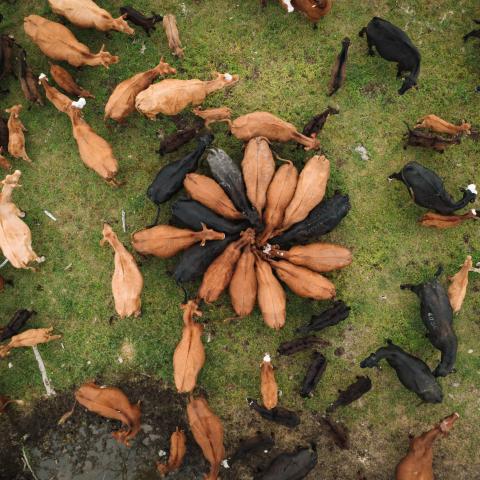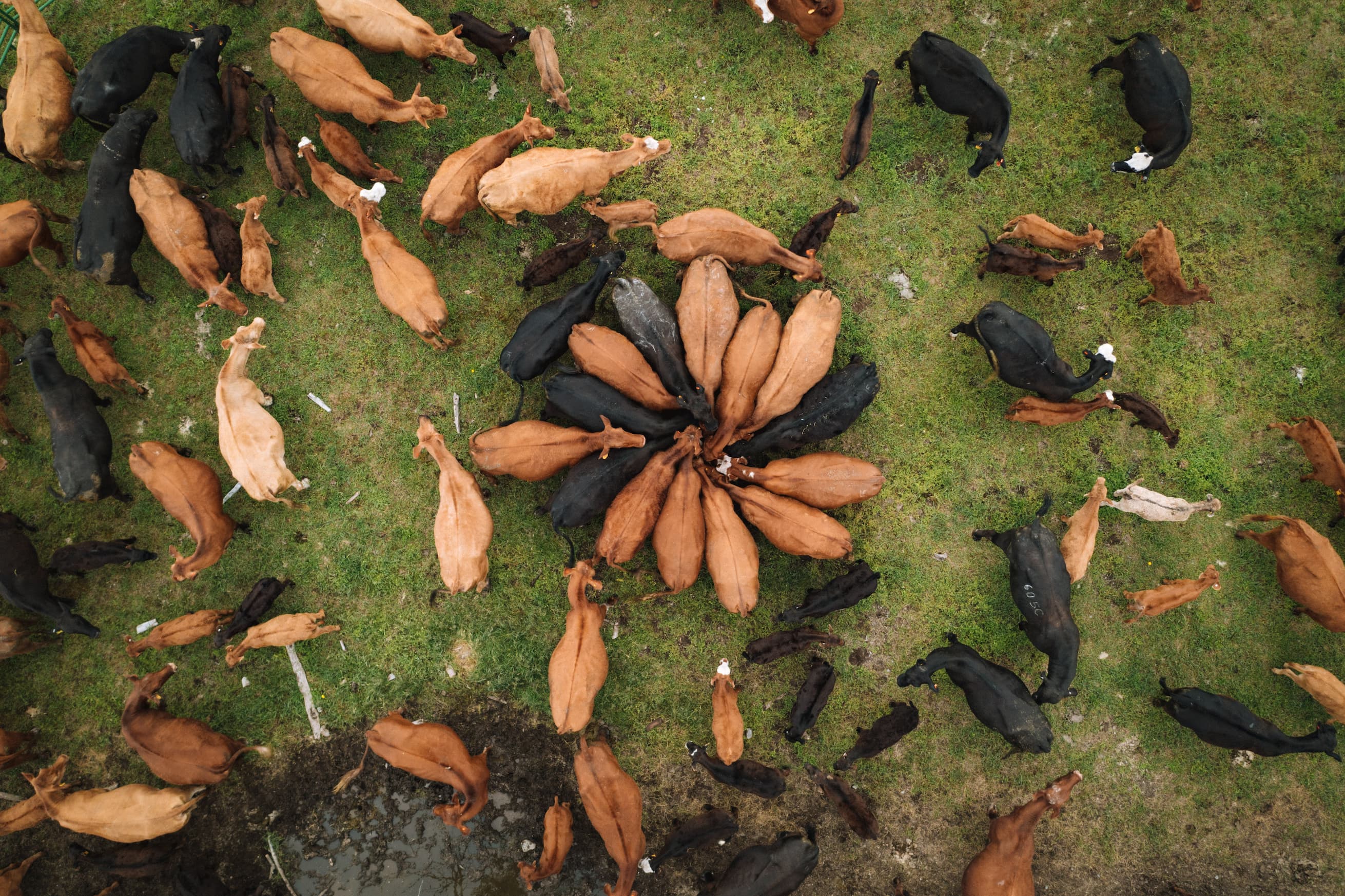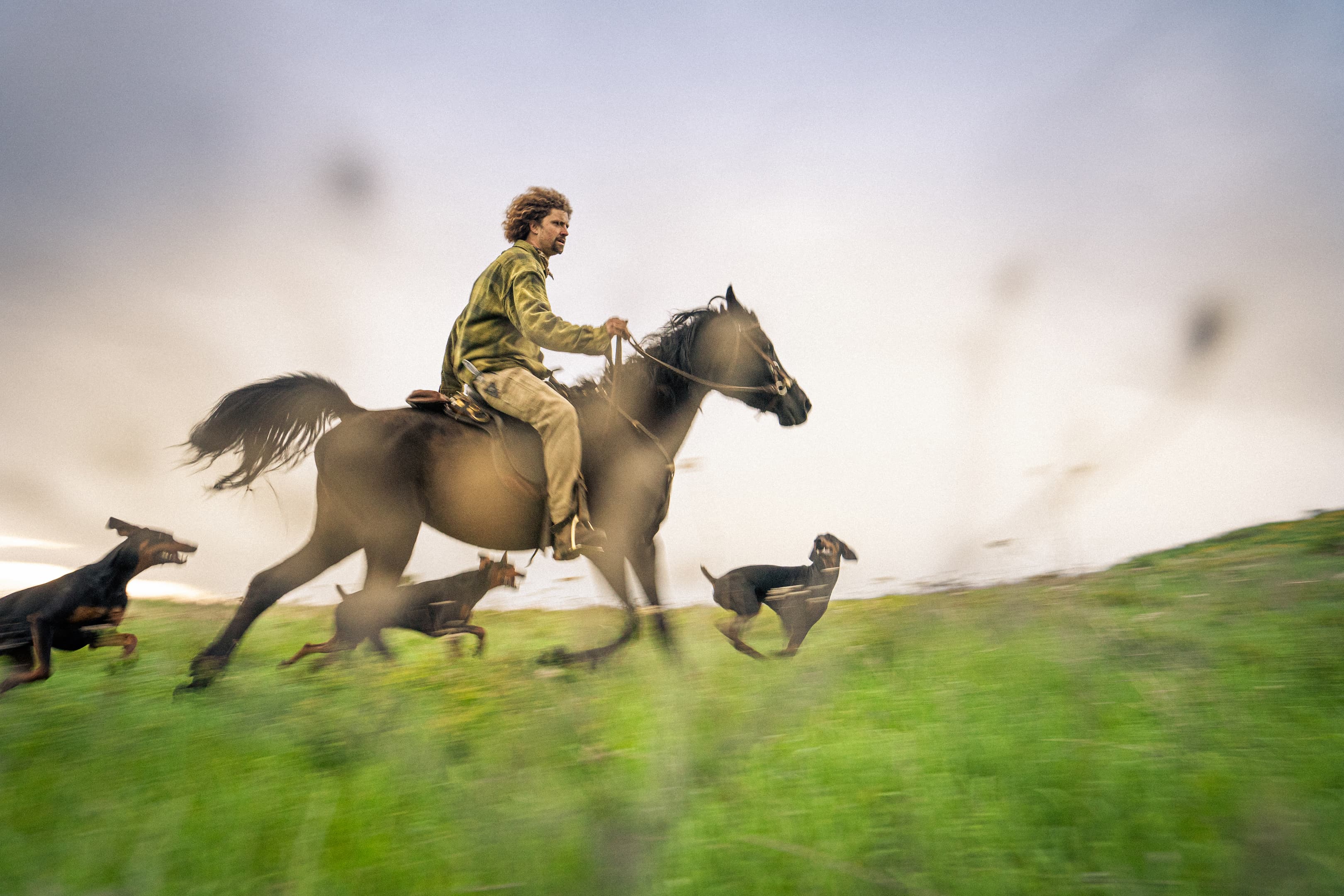
In a time of climate crises and social division, the concept of finding equilibrium could seem far fetched. The film Range Rider, directed by Colin Arisman, is a portrait of Daniel Curry, who has devoted his life to finding balance in an out-of-balance world.
Range Riders are a consistent human presence on a landscape that is home to livestock and wild predators, attempting to mitigate conflict between them. Historically, the solution for wolves’ predation of cattle was euthanization. In Curry’s work, he uses non-lethal mitigation methods – audible deterrents, lights, and pursuit of the animal – all in an effort to shift the view from “the only good wolf is a dead wolf”, to one of peaceful cohabitation. The measure of success is when the cows go home healthy, and the wolves continue to live and thrive on their landscape.
The film focuses on an area of Washington state where local ranchers bring their cattle to graze on public land. It was human intervention that drove the wolves away from this land, and humans have the opportunity (through work such as range riding) to foster a balanced environment for all who call the area home – animals and people alike. Curry says, “In our attempt to dominate nature and the wild animals that we share the planet with, we have inadvertently created a disconnect between us and what keeps us alive.” Through his work and hobbies (climbing, snorkelling, and woodworking, to name a few), Curry is passionate about an authentic connection to the natural world around him. By working on the landscape to prevent conflict amongst humans, animals, and the natural environment, he has proven to skeptics that co-thriving is possible.
Ironically, the most significant conflicts happen not between cattle and wolves but between Curry and the voices of opposing ranchers. His work contradicts what ranchers such as the McIrvin’s, who feature in the film, have come to understand for generations. For the McIrvins, Curry says, “there is a genuine fear of losing their livelihood and culture due to this unfamiliar variable [wolves] on the landscape,” a perspective that has been consistent for generations – that the work of a range rider is a threat to the way they operate their business and live their lives. Curry characterizes this as no more than “a fear-based reaction.”
Recontextualizing this conflict to that of racialized or marginalized communities and their opposing voices demonstrates how this film provides another avenue for the social issues facing our society.
Ultimately, “we are all humans trying to survive just like our wild animal counterparts,” says Curry, “I hope that people can see that if we take away our preconceived notions of one another, we might just find out that we have much more in common than what we might think initially.”
Find out more: Daniel Curry Website.
Watch Range Rider as part of the 2023 Banff Centre Mountain Film and Book Festival.
Author: Sabina Litherland
